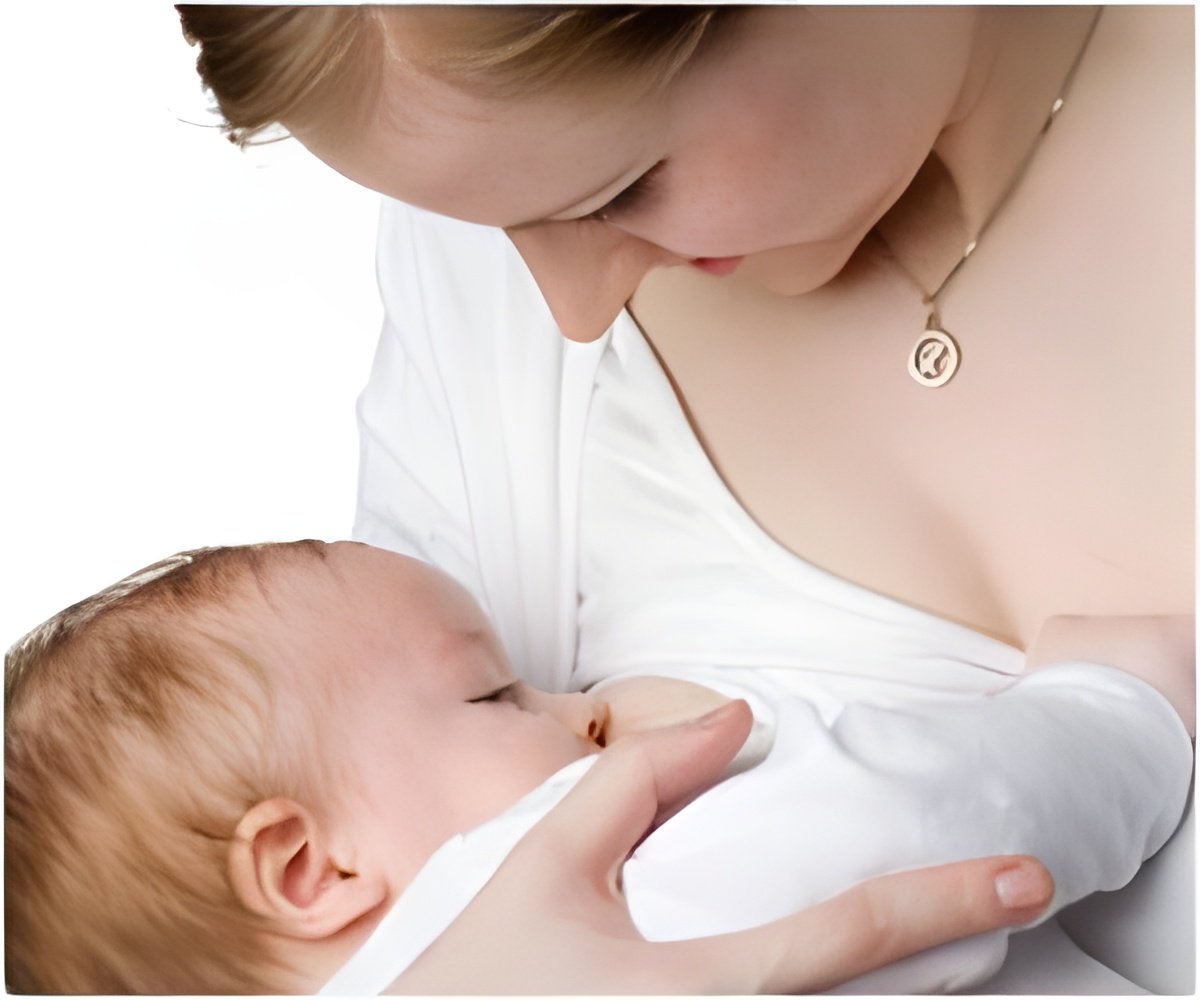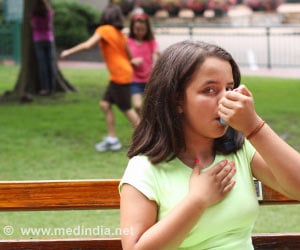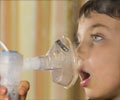Infants with asthma risk genotypes who are breastfed have decreased chances of developing respiratory symptoms compared to non-breastfed infants.

‘In infants where the genetic predisposition and environmental factors are in favor of asthma, breastfeeding practices should be incorporated which will help, to a large extent, in providing protection against the development of respiratory symptoms.’





"Our study is the first to show that breastfeeding can modify the effect of asthma-related genetic profiles on respiratory symptoms in the first year of life", commented Dr Olga Gorlanova, from the University Children's Hospital Basel (UKBB), and the University of Basel, Basel, Switzerland.Genes associated with asthma risk are located on chromosome 17 and called 17q21. A recent study had reported that children who possessed genetic variants on chromosome 17q21 had an increased risk of developing wheeze, when combined with certain environmental exposures.
The genetic risks that a person carries for a specific disease are modified when combined with environmental factors. So the aim of this new study was to find out whether this could also be true for breastfeeding and this specific gene related to asthma with respect to respiratory symptoms in early infancy.
For the study, 368 infants from the Basel-Bern Infant Lung Development birth cohort in Switzerland were included . Researchers collected data on occurrence and severity of respiratory symptoms, their breastfeeding status and the genotyping was performed.
Findings revealed that during the weeks that infants were breastfed, those carrying the asthma risk genotypes, had a 27% decreased relative risk of developing respiratory symptoms. When infants were not breastfed, those carriers exhibited a trend towards an increased risk of respiratory symptoms.
Advertisement
Advertisement















